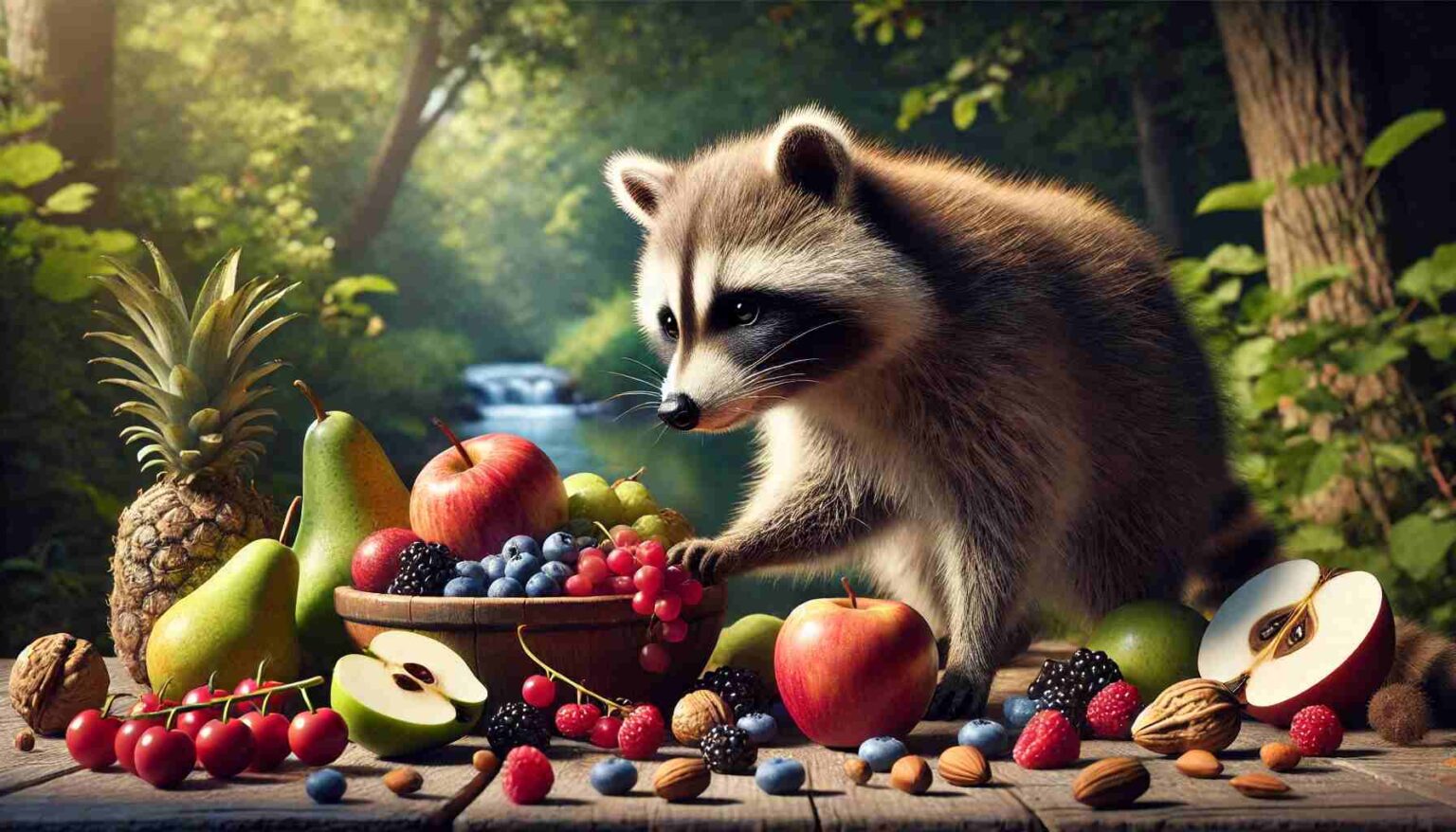Wild Raccoon in a National Park Eating Bread Packed in a Plastic Bag Biology Diagrams Raccoons: An Omnivorous Diet In The Wild. Raccoons (Procyon lotor) are highly adaptable creatures known for their ability to survive in various environments.Their diet is a reflection of this adaptability, as they have an omnivorous eating habit. This means that raccoons consume a wide range of food sources, including both plant and animal matter.

Raccoons are meant to be wild and problems with disease, overpopulation & aggression can occur when they get too dependent on people. Country Raccoons. As you get further away from dense city environments, raccoon diets gradually become more and more natural. Raccoons in the wild will forage for anything growing naturally they can find to eat.

The Role of Raccoons in the Food Chain Biology Diagrams
In this section, we will explore the natural diet of raccoons and their food preferences in the wild. From plant-based foods to animal-based sources, we will take a close look at what raccoons consume in their natural habitat. Key Takeaways: Raccoons are omnivores and have a diverse diet that includes both plant-based and animal-based foods. Raccoons are omnivores and play a crucial role in the food chain as both predators and prey. They help to control populations of smaller animals, such as rodents and insects, while also providing a food source for larger predators like coyotes and foxes. Raccoons also aid in seed dispersal and nutrient cycling through their foraging habits. Despite their importance, raccoons can sometimes The Raccoon in the Food Chain. The concept of food chains and food webs is crucial for understanding ecological relationships. A food chain is a linear sequence that shows how energy passes from one organism to another through consumption. Raccoons have several natural enemies in the wild, including: Coyotes: One of the most significant

Many animals, including coyotes, owls, and hawks, consider raccoons a tasty meal, especially when food is scarce. These nocturnal mammals have a unique place in the food chain. While they are skilled foragers, they also have to be aware of their predators. In addition to natural threats, the urban landscape can bring new challenges as well.

What Do Raccoons Eat in the Wild? A Comprehensive Guide Biology Diagrams
It is unlikely that a raccoon will attack a human. Generally, because of a human's large size, raccoons will keep away from humans. Raccoons know their place in the food chain. Even though raccoons have long claws and strong jaws they are quite docile creatures that won't attack humans. They see humans as predators.
